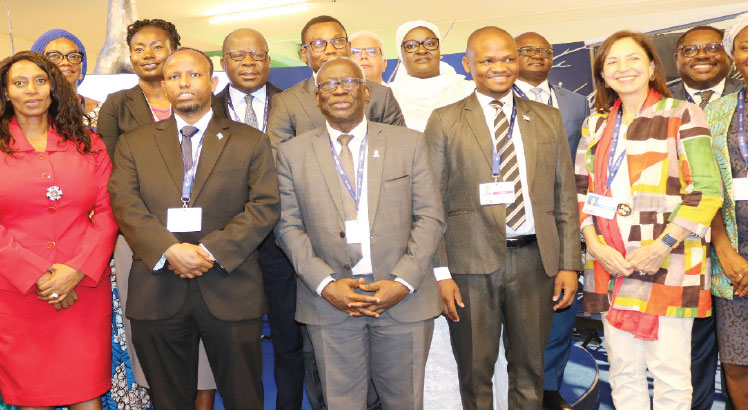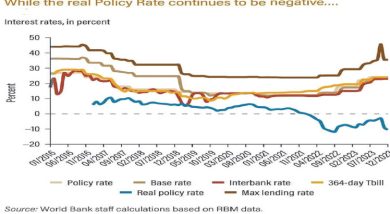Incorporating health in climate change discourse
Scientific evidence highlights that a poorly managed environment is a recipe for increased disease burden in the world.
When sanitation is poor, water-borne diseases are a commom occurence.
In recognition of the interplay between health and the environment, experts in these sectors have been working to promote the one health concept, an integrated and unifying approach that aims to sustainably balance and optimise the health of people, animals and ecosystems amid the climate crisis.
The concept recognises that the health of humans, domestic and wild animals, plants, and the wider environment, including ecosystems are closely linked and interdependent.
Collaboration across the sectors is expected to accelerate health protection by addressing health challenges such as the emergence of infectious diseases, antimicrobial resistance, and food safety and promote the health and integrity of ecosystems.
Due to poor environmental management, climate change has emerged as a major threat to global health, with the most vulnerable populations facing the greatest impact. Unfortunately, those who contribute least to the climate crisis often suffer the severe consequences.

It is estimated that about 824 million people globally are malnourished, out of that number 58.7 million children are in Africa. Additionally, millions in Africa lack basic water and sanitation, leading to significant child mortality from diarrhoea. It is further estimated that 58 percent of infectious diseases globally have been intensified by changes in climate.
This has ripple effects on public health, economy, environment, and education. The situation is predicted to worsen with rising global temperatures, threatening progress towards the Sustainable Development Goals (SDGs) and Universal Health Coverage.
The Inter-governmental Panel on Climate Change (IPCC) Sixth Assessment report warns that climate change effects, both physical and mental health and can exacerbate humanitarian crises, and recognises the need for action.
Reads the report: “Deep, rapid and sustained mitigation and accelerated implementation of adaptation actions in this decade would reduce projected losses and damages for humans and ecosystems, and deliver many co-benefits, especially for air quality and health.”
In recognising the importance of health and for the 28th Conference of Parties (CoP28) on climate change to recognise the already severe and growing impacts of climate change on human health, the CoP28 Presidency, working with the World Health Organisation (WHO) and other partners, organised the first ever health day in the history of CoPs at the ongoing CoP28 in Dubai, United Arab Emirates.
Ministers of Health and senior health delegates from over 100 countries mobilized support for the CoP28 Climate and Health Agenda.
Speaking during a side event, CoP28 director general Al Suwaidi said it is high time to also focus on protecting and promoting people’s health while enhancing climate-resilience of healthcare systems and reduce climate-health risks.
He said: “This is one of the four central pillars in the CoP28 Presidency’s Action Agenda which focuses on people, nature, lives and livelihoods.”
Amref Health Africa group chief executive officer Githinji Gitahi called for active involvement of health ministers in the climate change discourse.
The United Nations Framework Convention on Climate Change executive secretary Simon Stiell emphasised the importance of recognising the interplay between climate change and health.
“Health is the human face of climate change. The air we breathe should be free of harmful pollution. Our communities should be safe from the devastating effects of floods, droughts and heat-waves. Transitioning away from fossil fuels can help us get there.”
Malawi’s Minister of Health Khumbize Kandodo Chiponda said wealthy nations should invest in the least developed countries’ health sectors.
“The One Health concept is crucial, but there is a need for investments in most countries in the global south, like Malawi, to strengthen the resilience of the health sector and well-being of people,” she said.
According to the Malawi 2023 Tropical Cyclone Freddy post-disaster needs assessment, total damages caused in the health and nutrition sectors across the 16 affected districts are estimated at $4.14 million. n
*This story has been produced with support from Media for Environment, Science, Health and Agriculture and International Development Research Centre





